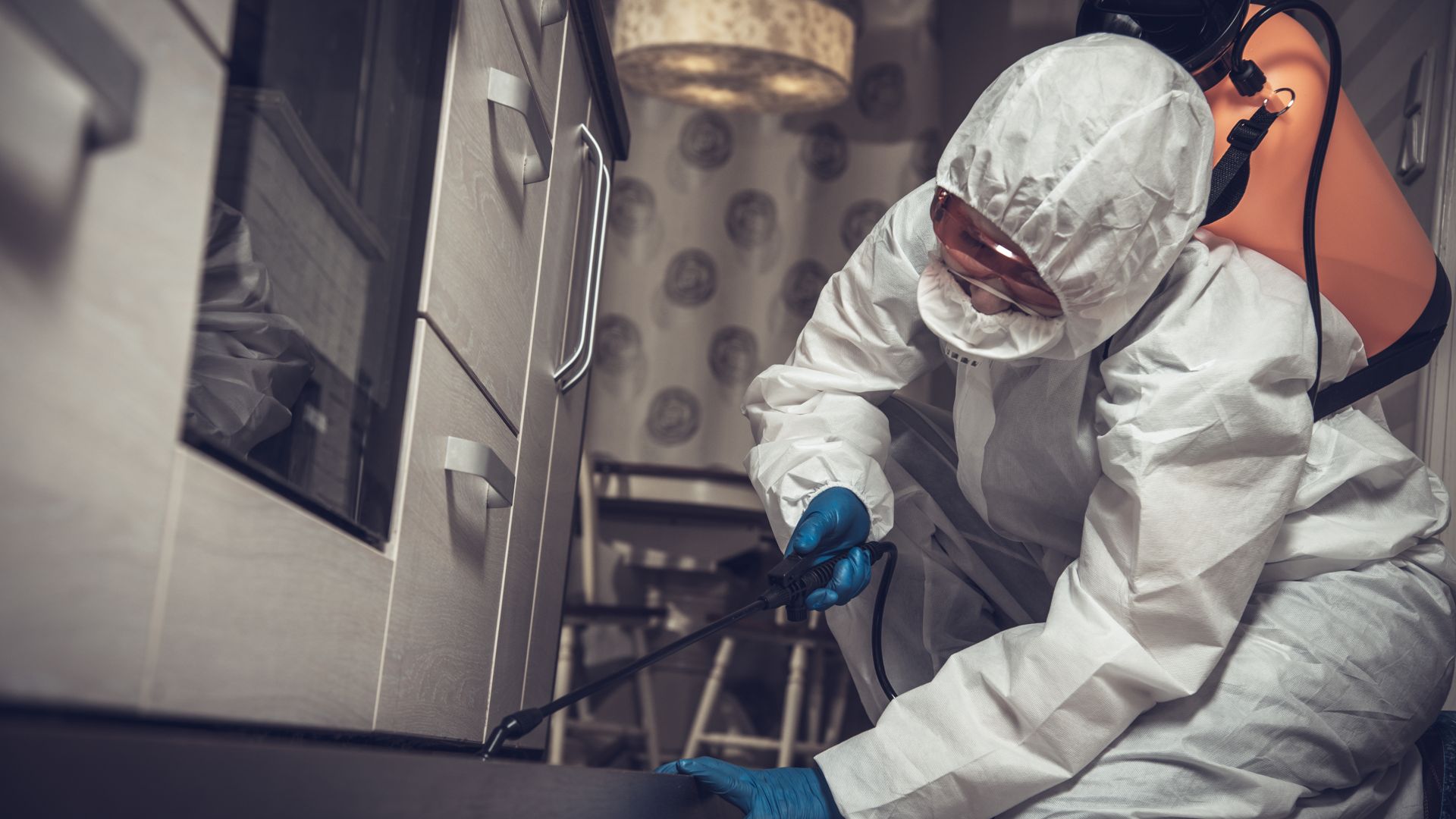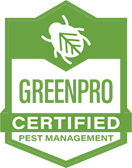
What It Takes To Get Rid Of Ants In Your Roseville Home
Whether you find them crawling across your counters or trying to contaminate your food, ants in your Roseville home are never a good sign. Ants can be challenging to get rid of, which is why you'll need an effective form of ant control in Roseville.
Here's what Roseville homeowners should know about the life cycle of common ants, the problems they may cause in your home, how you can prevent them, and when it's time to use pest control in Roseville.
The Life Cycle Of Common Ants
.2404181022550.jpg)
Most ants, regardless of species, have the same basic life cycle:
- Egg: Ants begin their lives as eggs, which usually hatch within one to two weeks.
- Larva: When the eggs hatch, larvae emerge. In this stage, ants become worm-like larvae without any legs or eyes. Adult ants in the colony help feed them, and the larvae will continue to molt until they're ready to pupate. The larval stage lasts around twelve days.
- Pupa: After they've molted multiple times, the larvae become pupae. Pupae tend to be much paler than adult ants and may even spin a cocoon for protection, depending on the species. The pupal stage is one of the longest stages of the life cycle, lasting up to a month.
- Adult: Ants become fully-formed adults once they've finished the pupal stage. They begin to forage for food and take on their role in the colony.
How long do ants live? While the lifespan of an ant can depend on the species, ants can live longer than you think. Pharaoh ants, for instance, can live up to a full year as long as they have access to food and water.
Some ants in Roseville may only live a few months, but others can survive for years. For homeowners, that's a lot of time to deal with an ant infestation, especially as they continue reproducing.


Ensuring your home and business are pest-free, explore our different service areas to see if we're local to you! Give us a call to get started!
Contact The Professionals About Total Ant Control For Your Home
The preventative measures above are a great way to help keep ants away, but they aren't always enough – especially if you know you already have ants. Whether you're dealing with odorous house ants, which is a nuisance pest, or a species more dangerous, like the carpenter ant, the most effective form of ant control is a professional one – like those of us at Neighborly Pest Management.
With years of experience under our belts and a trustworthy reputation, we can make your Roseville home pest and ant-free. If you think you've got an ant problem, there's no reason to let the infestation get worse – contact us at Neighborly Pest Management today for more information about our residential and commercial ant control services.
-
Same-Day & Emergency Services AvailableWhen possible, we can provide prompt assistance to help with your pest solution needs.
-
Local, Family Owned & OperatedRooted in our local communities, we know the best solutions for the pests in our unique areas.
-
We Offer Organic Treatment OptionsEmbrace a eco-friendly approach with our range of sustainable solutions for your needs.
-
45+ Years of Industry ExperienceTrust in our seasoned knowledge and proven track record spanning over four decades.
Five Eco-Friendly Ant Prevention Tips For Around The House
What attracts ants? Most of the time, ants that wander into your home don't do it by accident – they've usually been lured in by something and are coming to check it out. Like most pests, ants want the same two things: food and water. Ants may sometimes wander into your home out of convenience or because they need shelter, but food and water will always be the biggest draw for them.
If you're leaving food out or have moisture issues, like leaky faucets and drains, you have a much bigger risk of dealing with ants. This is especially true for certain types of food, like sweets or meats. Most ants have a sweet tooth and a craving for protein; these foods will attract them more than anything else.
It doesn't help that these critters need very little space to get inside. As tiny as they are, ants will use the smallest cracks and crevices in your walls and foundation to gain access to your home. Ripped and torn window and door screens can be another potential entry point.
So, as sneaky as ants may be at gaining access to your home, there are steps you can take to prevent them – and you don't have to always rely on over-the-counter baits or traps. There are plenty of forms of green ant control that'll help you prevent future infestations, such as:
- Get rid of their access points: Use a sealant like caulk to get rid of tiny cracks and gaps around your house's foundation or wall voids. You can also use weatherstripping or door sweeps to eliminate tiny gaps underneath doorways.
- Don't leave food and trash sitting out: Since food scraps may lure ants in, it's essential to keep any food in airtight containers and stored in your fridge, cabinet, or freezer.
- Check for moisture issues: Moisture issues can be another possible attraction, but you may not always know you've got a problem – which is why it's a good idea to check for leaky faucets, drains, and gutters regularly.
- Wash dirty dishes and regularly clean home surfaces: Even dirty dishes or crumbs on countertops can draw ants in, so you don't want to leave these items sitting out overnight.
- Make sure you leave a lid on your trash cans: Indoor and outdoor trash can lure ants into or near your home. Be sure to keep tight-fitting lids on any of your garbage cans, and also make sure you use high-quality trash bags without leaks or holes.
While the above tips are helpful for home pest control for ants, they won't do much to fend off an existing infestation. If you already have ants in your home, you'll need to do more than limit their access to food.
As crafty as they are, working with a professional pest control company is the best way to get rid of an existing ant infestation.

Hear From Our Happy Customers
At Neighborly Pest Management, your satisfaction is our priority! See for yourself what our customers have to say about working with us.
-
“My technician Doug Stone is amazing!! To say he goes above and beyond to maintain my property is an understatement! He took care of the issue and took the initiative to repair the garage door where my unwanted friends were getting in. Problem solved!!”- Jill M.
-
“Nate is an excellent technician. He is a big reason we’re so happy with the service! Overall a great company and fair pricing.”- M.D.
-
“We can't share enough positive feedback about Doug and Neighborly Pest. Doug has always gone above and beyond to make sure our house stays bug-free!! He's considerate and always follows up to see how things are going after his visit.”- Sabrina C.
-
“I've never had a bug problem since I switched to Neighborly. Danny is an awesome technician! He has a great personality and explains things thoroughly and gives me clear and detailed answers to any questions I might have.”- Joe B.
-
“Adam was fantastic! Super friendly and professional. I felt at ease and knew I could ask any question, no matter how dumb it sounded, and he was able to answer and provide more information based on my concerns.”- Erin D.
-
“We have been using Neighborly Pest for many years. While we have had many competitors come to our door, we have no interest in changing. Doug has been our technician during our entire service, and he is absolutely the best, always friendly!”- Brittany A.





